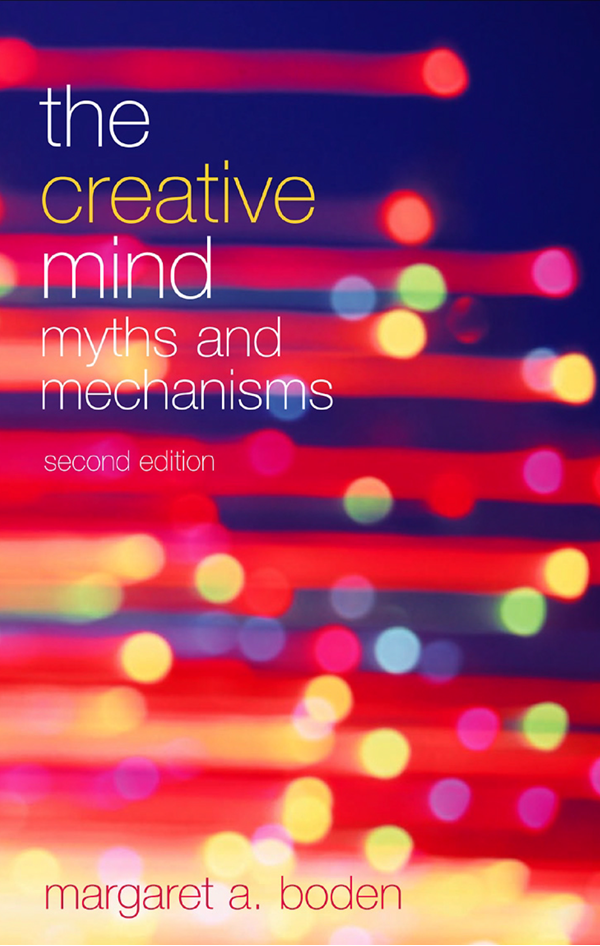Citation: “What is Good Writing in the Age of ChatGPT?” Alan Liu, 18 June 2023.
18 June 2023
What is good writing in the age of ChatGPT? (ChatGPT, as you know, is the most celebrated of the new generative artificial-intelligence tools based on large language models that can write prose, verse, and lies just like a human being.)
That’s the question I call on you as graduating English majors to help society answer as you bring your skills in writing and speaking well — and in knowing well through language and its literatures — into the world.
You are graduating at an epochal moment in language media technology. As the most literate of your generation, it will be easy for you to be just skeptical, or fearful, of the new generative-AI tools such as ChatGPT — skeptical because they are a kind of fake literacy beneath your own abilities; fearful because they will compete for the lowly first jobs in research and writing, such as interning, clerking, or editing, where you might start. (My own first paying writing job, for instance, was as an intern churning out rote obituaries at a newspaper.)
But you are graduates of UCSB’s English Department, which is widely known for its research and teaching in language media technologies – including historical ones (which Professors Rachael King, Patricia Fumerton, and others teach in courses about the history of writing technologies) and those in the new areas of the digital humanities, critical code studies, and critical AI studies (as taught by myself, Prof. Jeremy Douglass, and Prof. Rita Raley, respectively). So you will know that the arrival of every single new language media technology in the past — writing, print, electronic media (e.g., TV), the Internet, social media, and so on — was initially greeted with the same easy (or, more accurately, uneasy) mix of skepticism and fear.
Consider how Socrates, the oral philosopher, dismissed writing. As depicted in Plato’s Phaedrus, Socrates tells of the mythical Egyptian god Theuth who demo’d his new invention, writing, for the king of Egypt. “This, said Theuth, will make the Egyptians wiser and give them better memories.” But the king, as Socrates tells it, delivers his verdict as follows:
O most ingenious Theuth, the parent or inventor of an art is not always the best judge of the utility or inutility of his own inventions…. [F]or this discovery of yours will create forgetfulness in the learners’ souls, because they will not use their memories. They will trust to the external written characters and not remember of themselves. The specific which you have discovered is an aid not to memory, but to reminiscence, and you give your disciples not truth, but only the semblance of truth; they will be hearers of many things and will have learned nothing; they will appear to be omniscient and will generally know nothing; they will be tiresome company, having the show of wisdom without the reality.
How easy it would be today to jump to a similar conclusion about generative AI. O ChatGPT!, we might say, You give learners (students, for example) not truth, only the semblance of truth; they will be hearers of many things and will have learned nothing; they will appear to be omniscient and will generally know nothing; they will have the show of wisdom without the reality.
Less easy for you as English majors but more important will be the task of helping society rethink for our time what good language can be, what good such language can do, whose job it is to do it, and where artificial intelligence fits in the picture. For AI will have a place and a value, just as writing came to have. After all, while Socrates dismissed writing as fake memory (memory being the consummate value of language in oral cultures where people must, as he put it, “remember of themselves”), writing ultimately switched on new functions that we now take for granted as essential to good language, including features such as permanence, reproducibility, and precision that changed our ideals for memory itself. It’s just that it took time to develop the practices and conventions, forms and standards, and institutions and laws that, as the medievalist Michael Clanchy showed in his important book From Memory to Written Record: England 1066 – 1307, allowed societies to trust writing instead of, as was the case in early literacy, encountering counterfeit documents everywhere (the precursor to today’s “spam” and “fake news”). Only after that trust was secured, as Walter Ong argued in his essay, “Romantic Difference and the Poetics of Technology,” could writing not only substitute for the older memory functions but turn to new missions such as invention or innovation — the “hankering for what is different, original, strange, ineffable, inaccessible, [and] unknown,” as Ong says, that was new in Romantic poetry of the late eighteenth century and on.
Here we can take a lesson from the philosophers who think about “epistemic virtues,” which means the knowledge values we endorse whenever we say that some ideas and their expressions are good ones by contrast with others. When we commend a scientific or literary theory as rigorous, elegant, or rich, for example, we are asserting epistemic virtues. Here is a list of common, modern epistemic virtues (divided roughly between rationalist and non-rationalist ones):
| Rationalist Epistemic Virtues | ||
| Accurate Clear Comprehensive Consistent General (or Unified) |
Objective Predictive Reproducible Rigorous Thorough Transparent |
Summative Value
True
|
| Non-rationalist Epistemic Virtues | ||
|
Brave (including “speaking truth to power”)
Creative |
Imaginative Intuitive Just (or Fair) Original |
Summative Values
Ethical
Beautiful Rich, Generative |
I put it to you that in their full social context, these and other knowledge values cluster in permutations that differentiate the whole repertoire of so-called “knowledge work” skills, jobs, professions, and careers that most of you graduating today desire. Just in the language-centered trades, for example, the terms accurate, objective, and thorough might be the job description of a good editor. Add ethical and brave, and you have the job description of a good investigative journalist. And combine creative, imaginative, original, and eloquent if you want to hire good script writers, artists, designers, and other so-called “creatives.”
How such clusters of epistemic virtues match up with careers is constantly evolving. But now generative AI will cause a more wrenching reset than usual. Society will soon need to decide which values associated with “good” knowledge work can be offloaded to tools like ChatGPT so that human labor can be shifted to other functions — a refocused, concentrated, or extended band of activities for which humans uniquely can be recognized, rewarded, and held responsible. Just as modern society offloaded the memory function to writing, so now it will offload some of its more recent knowledge and writing functions to generative AI. It’s a good bet, for example, that we’re not going to continue testing, credentialing, and hiring humans the same way for writing that can pass as standard business, administrative, or any other generic prose — the kind of prose that is exactly what ChatGPT produces. The value of “good” writing for which humans are rewarded and held responsible will gradually need to be refocused on functions that yield products with less standard or predictable qualities — for example: creativity, ethics, or speaking truth to power.
In regard to creativity, for example, the originally Romantic and more recently Silicon-Valley-style “creatively destructive” notions of innovation will need to be updated along the lines of newer thinking about creativity such as that pioneered in Margaret A. Boden’s book The Creative Mind: Myths and Mechanisms (originally published in 1990; 2nd ed., 2004). Meditating deeply about whether and how computers can be creative (for example, Harold Cohen’s Aaron program, a famous autonomous algorithmic “artist”), Boden speculates that there are three different kinds of creativity:
|
Reflecting on this last, utterly transformative creativity, Boden reflects: “The deepest cases of creativity involve someone’s thinking something which, with respect to the conceptual spaces in their minds, they couldn’t have thought before.”
I think that our society’s notions of creativity will now have to change because generative AI will swallow up creativity type #1 (“making unfamiliar combinations of familiar ideas”). ChatGPT is nothing if not a combiner of familiar ideas.
Creativity type #2 (exploring new zones in a pre-defined area) will become a partnership between humans and generative AI. That’s what we are already doing when we try out “prompts” on ChatGPT, which (in Boden’s metaphor) is like starting down different roads in the petabyte-scale territory of the text collections underlying the large language models of ChatGPT and similar tools.
So that leaves the question: what now will be the third, transformative creativity that will remain the special talent of humans — at least until truly sentient “artificial general intelligence” arises (if ever it can)? And how do we educate, reward, and hold humans responsible for that — for thinking the impossible beyond the previous possibility space?
Graduates of the UCSB English Department: your charge is clear. Both for yourselves and for society, your task will be to help answer such questions as you enter careers matched to specific combinations of knowledge values. Or, if not to answer, then your job will be to ask (truly, ethically, beautifully, richly) how society can use the new language technologies of our time so that writing that is “good,” and for the good, can continue in ways dedicated not to averaging, faking, or demeaning truth but making “the best which has been thought and said” (as the nineteenth-century poet and intellectual Matthew Arnold said about cultural knowledge) serve the good of everyone.

